Obesity is one of the most common health conditions throughout the world. Being overweight can lead to a host of chronic medical conditions that may shorten your life expectancy and cause serious issues as you age. As such, the medical community is always looking for ways to combat this growing health crisis. In recent years, the use of probiotics has emerged as a potential way to encourage weight loss and live a healthier lifestyle. Here is what you need to know about probiotics and how you can leverage this to shed that weight once and for all.
What Are Probiotics?
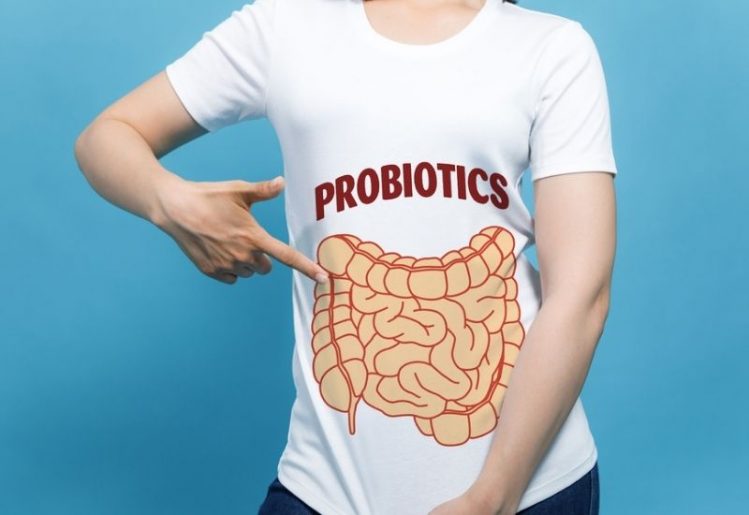 To understand how to use probiotics for weight loss, you need to learn more about these live microorganisms. Some foods boast naturally occurring probiotics while other products intentionally include this feature for health purposes. The most common way that most people get their probiotics is through the use of dedicated supplements. These supplements offer significant doses of live bacteria, most commonly in the form of Lactobacilli and Bifidobacteria. These live bacteria are primarily known for their ability to boost the presence of healthy gut bacteria.
To understand how to use probiotics for weight loss, you need to learn more about these live microorganisms. Some foods boast naturally occurring probiotics while other products intentionally include this feature for health purposes. The most common way that most people get their probiotics is through the use of dedicated supplements. These supplements offer significant doses of live bacteria, most commonly in the form of Lactobacilli and Bifidobacteria. These live bacteria are primarily known for their ability to boost the presence of healthy gut bacteria.
Benefits of Probiotics
Over the last few decades, scientists have zeroed in on how probiotics can be instrumental in boosting the function of the body’s immune system, lowering levels of harmful inflammation and aiding in the ability of the nervous system to work at optimal levels of productivity. In addition, some research has also demonstrated that the use of probiotics may be beneficial when treating certain skin and oral conditions.
Probiotics are also the star when it comes to improving your gut health. A balanced gut microbiome is essential to your overall health and wellness. The connection between gut and brain health has suggested that probiotics may prove useful in treating some types of anxiety and depression.
Leveraging Probiotics for Weight Loss
One of the most exciting emerging benefits of probiotics is how these supplements may be able to aid in weight loss efforts. Recent research has shown that the risk of obesity can be related to the gut microbial dysbiosis.
Because they are active microorganisms, probiotics are known for their ability to regulate and improve the gut’s microecosystem. This may lower levels of chronic inflammation and oxidative stress. As a result, probiotics may be instrumental in preventing and treating obesity through their ability to regulate and support the gut microbiota.
Additionally, the use of probiotics is believed to improve sensitivity to insulin. The live microorganisms may also positively influence your appetite and metabolism.
A 2019 study out of China looked at 12 randomized controlled trials to determine the effects of probiotics on obesity. The findings of the meta-analysis found that 10 of the studies demonstrated changes in body weight, 11 showed positive reductions in BMI, eight studies reported a change in the circumference of the waist measurements and nine studies showed reductions in fat mass with six demonstrating a change in fat percentage.
Protecting Against Weight Gain
An additional study demonstrated that the use of probiotics may also guard against future weight gain. A study of 20 men in 2015 gave the participants a multi-strain probiotic over the course of four weeks as they followed a high caloric and high fat diet. The men on the probiotic gained 3.12 pounds as compared to 5.06 pounds for the participants who took the placebo. All of the men were at a healthy weight when the trial started.
Because obesity is such a widespread health issue for nearly any developed nation, the results of this research could have potentially significant advantages in the battle against the bulge.
Incorporating Probiotics Into Your Diet
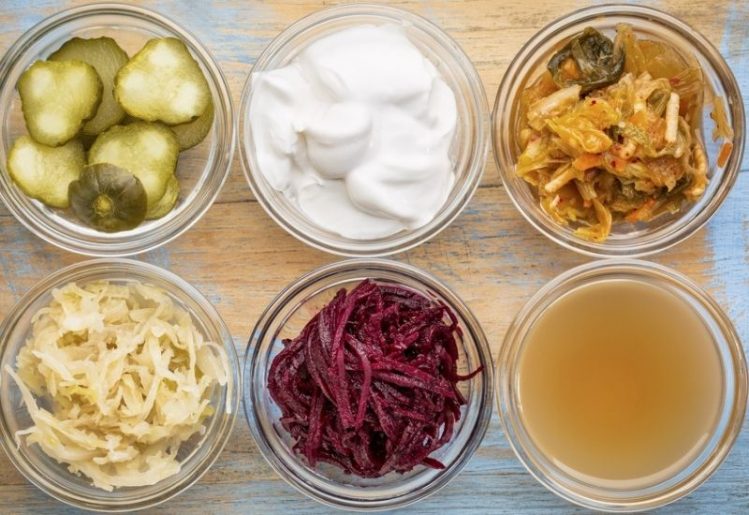 Up until the time when the use of supplements became mainstream, health-conscious individuals were forced to get their probiotics from food. The most common food that people turn to for probiotics is yogurt. However, it is important to note that not all yogurt contains live probiotics. Because of this, you need to be intentional about choosing yogurt that contains active or live cultures.
Up until the time when the use of supplements became mainstream, health-conscious individuals were forced to get their probiotics from food. The most common food that people turn to for probiotics is yogurt. However, it is important to note that not all yogurt contains live probiotics. Because of this, you need to be intentional about choosing yogurt that contains active or live cultures.
Other good sources of probiotics include sauerkraut, kimchi, tempeh, kefir, pickles and some types of cheese. Clearly, not everyone enjoys a steady diet of these types of foods. If this is the case, you can turn to a high-quality supplement that provides both probiotics and prebiotics to ensure that you are getting adequate amounts of probiotics into your daily diet. For some individuals, this is a much easier way to ensure adequate amounts of probiotics to promote weight loss.
Regardless of whether you are looking to lose weight or improve your gut microbiome, it is likely worth your time and monetary investment to explore how probiotics can boost your overall health and meet all of your wellness goals.
 The most convincing reason to make exercise a part of your lifestyle is because it has been proven to prolong your life.
The most convincing reason to make exercise a part of your lifestyle is because it has been proven to prolong your life.  Many people erroneously believe that exercise will make you hungrier. However, numerous studies have demonstrated that aerobic exercise actually decreases your overall appetite. This happens as a result of the effect of exercise on the hormones that control your hunger levels.
Many people erroneously believe that exercise will make you hungrier. However, numerous studies have demonstrated that aerobic exercise actually decreases your overall appetite. This happens as a result of the effect of exercise on the hormones that control your hunger levels.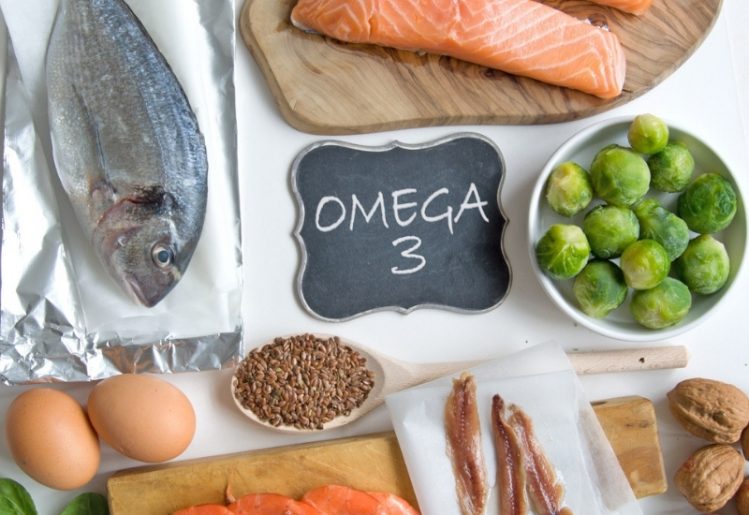 Omega-3 fatty acids
Omega-3 fatty acids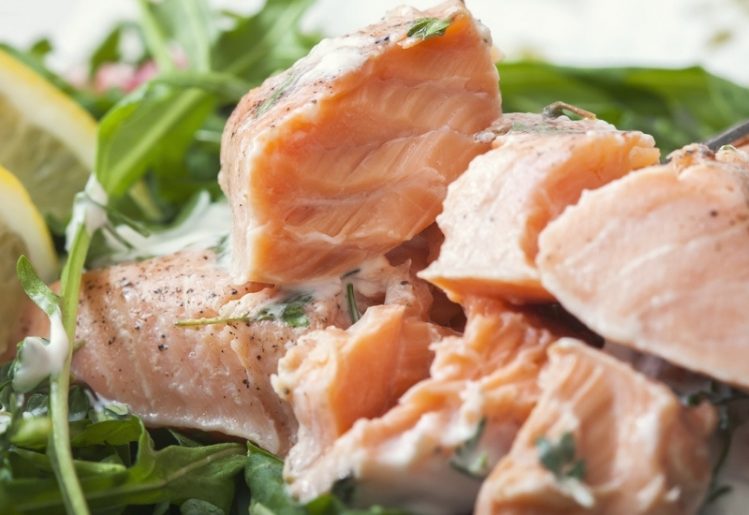 Ingredients
Ingredients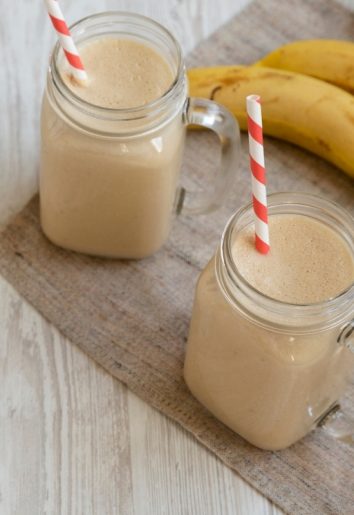
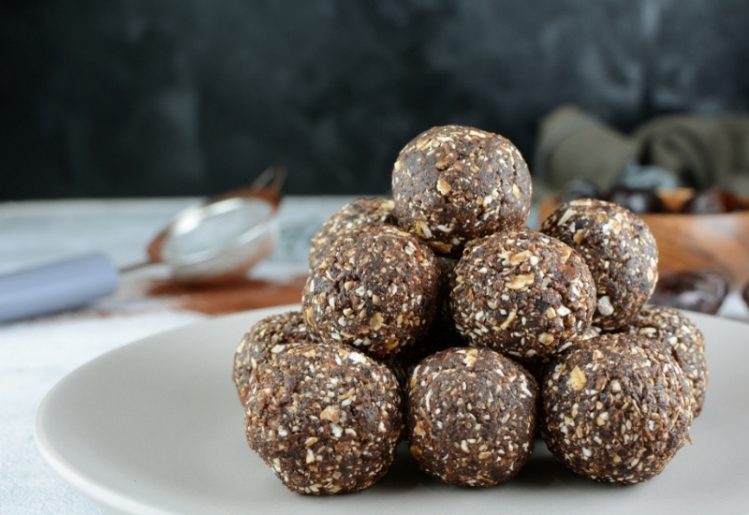 These yummy and nutritious no-bake energy balls can be enjoyed as a snack or healthy dessert by adults and kids alike.
These yummy and nutritious no-bake energy balls can be enjoyed as a snack or healthy dessert by adults and kids alike. The health benefits of curcumin,
The health benefits of curcumin,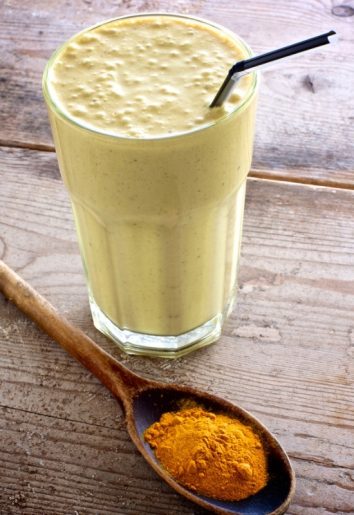 Fresh turmeric root is a great addition to your morning smoothie. You can also add a bit of the ground spice to get in your daily dose of curcumin. While it normally possesses a strong flavor, putting turmeric in a smoothie will usually disguise it when used in moderation.
Fresh turmeric root is a great addition to your morning smoothie. You can also add a bit of the ground spice to get in your daily dose of curcumin. While it normally possesses a strong flavor, putting turmeric in a smoothie will usually disguise it when used in moderation.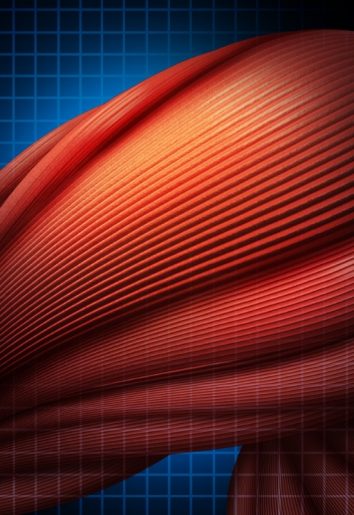 Initially introduced in the early 1990s, whole body vibration is a form of passive exercise that involves using vibrations to send waves of energy through the entire body. The process involves standing, sitting or lying on a platform and enduring a series of vibrations. The vibrating energy causes your muscles to contract and expand repeatedly throughout the process, helping to grow and tone muscle mass. Daily 15 minute sessions may promote weight loss, improve blood flow and decrease the production of stress hormones.
Initially introduced in the early 1990s, whole body vibration is a form of passive exercise that involves using vibrations to send waves of energy through the entire body. The process involves standing, sitting or lying on a platform and enduring a series of vibrations. The vibrating energy causes your muscles to contract and expand repeatedly throughout the process, helping to grow and tone muscle mass. Daily 15 minute sessions may promote weight loss, improve blood flow and decrease the production of stress hormones.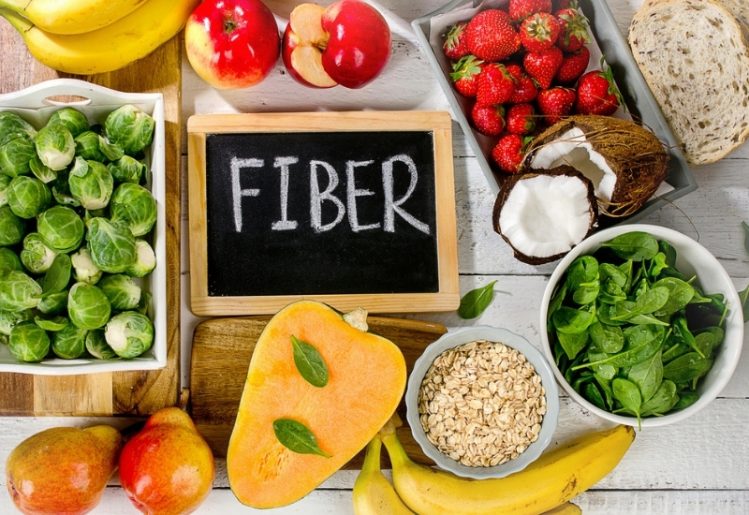 Some foods that are high in fiber include onions and similar foods, such as leeks and garlic. Artichokes are also high-fiber foods. Eating more of these types of veggies will help, because it takes longer for the body to digest natural fiber. As a result, the prebiotics in the fiber will be absorbed into the gut microbiome, where they nourish the bacteria already thriving there.
Some foods that are high in fiber include onions and similar foods, such as leeks and garlic. Artichokes are also high-fiber foods. Eating more of these types of veggies will help, because it takes longer for the body to digest natural fiber. As a result, the prebiotics in the fiber will be absorbed into the gut microbiome, where they nourish the bacteria already thriving there.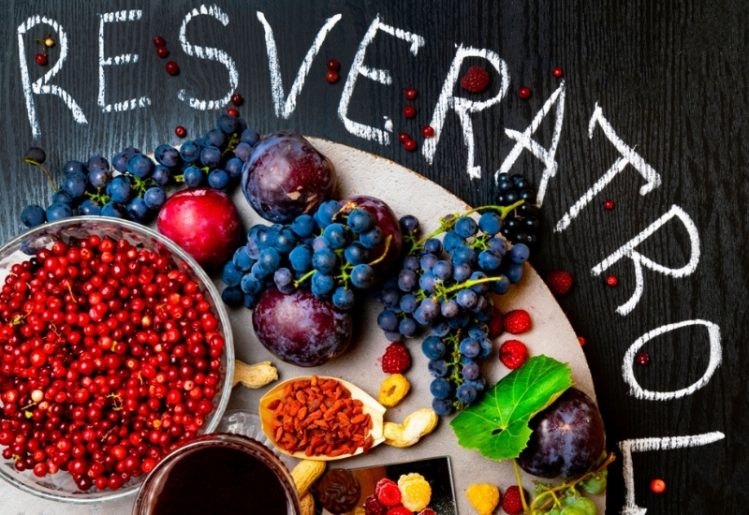 Resveratrol is particularly interesting for its antioxidant properties because it can help mitigate cell damage. Under normal circumstances, free oxygen molecules roam the body and attach themselves to healthy cells. The damage these free radical molecules cause through the process of oxidation harms cellular health and increases the risk of disease and infection. However, antioxidants like resveratrol protect the cells in the body by fighting free radicals. Antioxidants can reverse the oxidative damage caused by free radicals by helping to reduce the number of free radicals in the body and protecting healthy cells.
Resveratrol is particularly interesting for its antioxidant properties because it can help mitigate cell damage. Under normal circumstances, free oxygen molecules roam the body and attach themselves to healthy cells. The damage these free radical molecules cause through the process of oxidation harms cellular health and increases the risk of disease and infection. However, antioxidants like resveratrol protect the cells in the body by fighting free radicals. Antioxidants can reverse the oxidative damage caused by free radicals by helping to reduce the number of free radicals in the body and protecting healthy cells.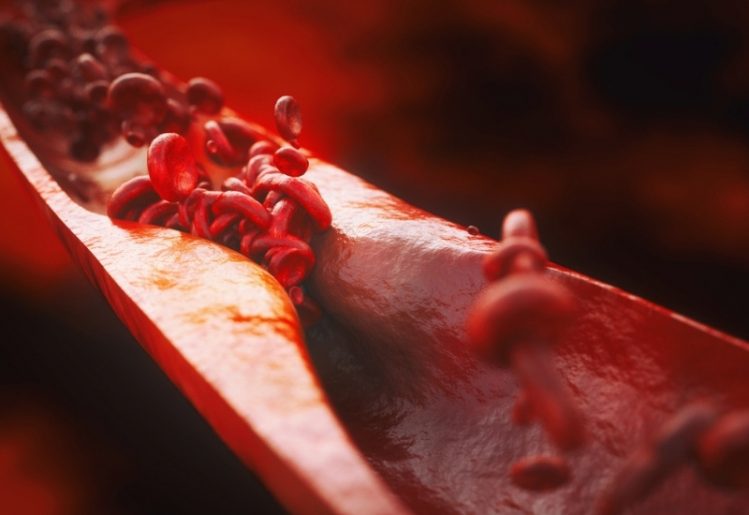 Research has found that resveratrol mimics the results of a calorie-restricted diet, helping those eating a high-calorie diet achieve similar results. In one study, researchers studied two groups of rats who were all fed a high-calorie diet. One group was given resveratrol in addition to their high-calorie diet, and that group showed slower signs of cellular aging than the other group. The rats who consumed resveratrol showed a lower risk for heart disease, diabetes and other age-related conditions. The researchers found that the rats taking resveratrol were similar in health status to rats who consumed an average amount of calories.
Research has found that resveratrol mimics the results of a calorie-restricted diet, helping those eating a high-calorie diet achieve similar results. In one study, researchers studied two groups of rats who were all fed a high-calorie diet. One group was given resveratrol in addition to their high-calorie diet, and that group showed slower signs of cellular aging than the other group. The rats who consumed resveratrol showed a lower risk for heart disease, diabetes and other age-related conditions. The researchers found that the rats taking resveratrol were similar in health status to rats who consumed an average amount of calories.